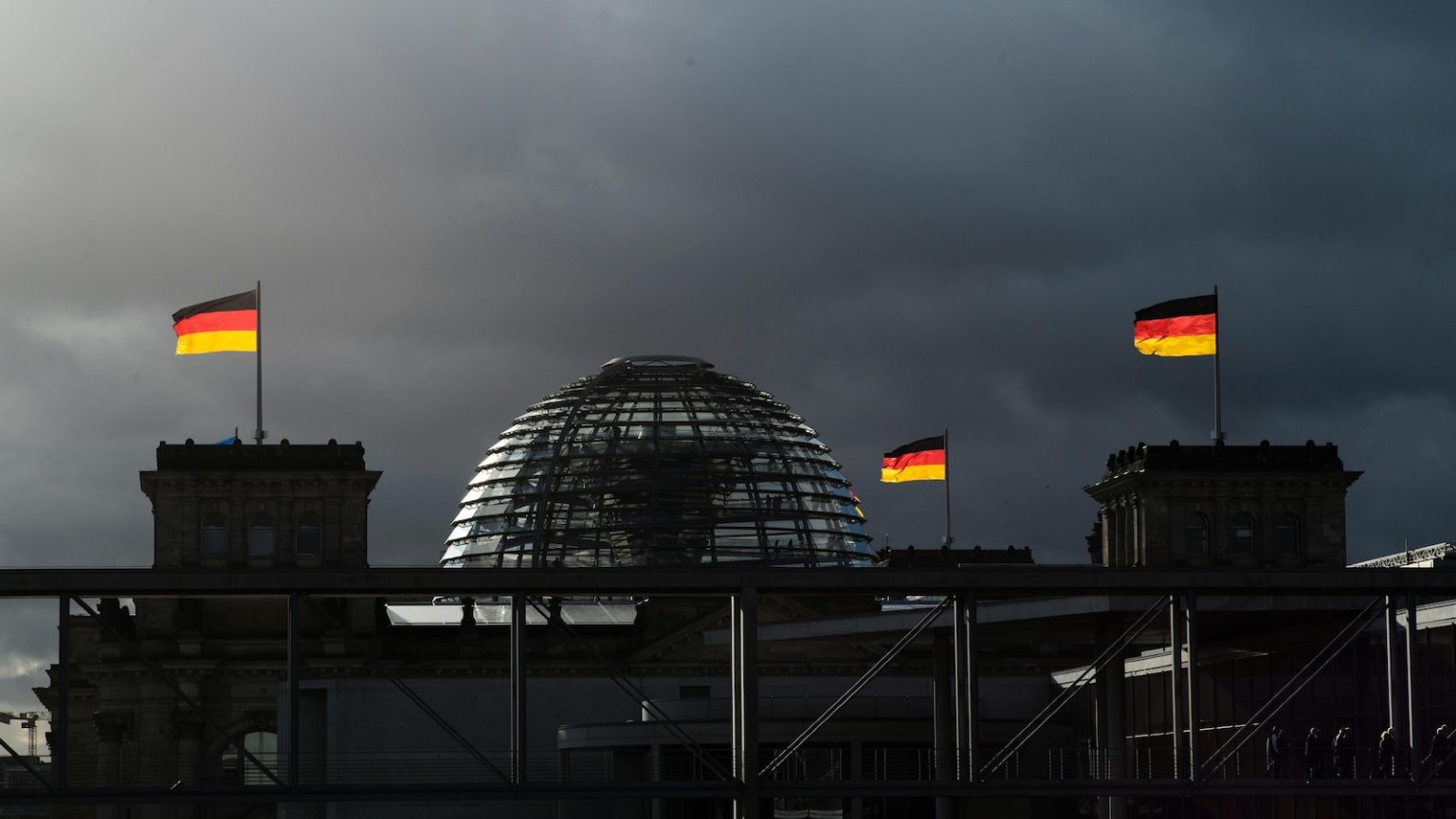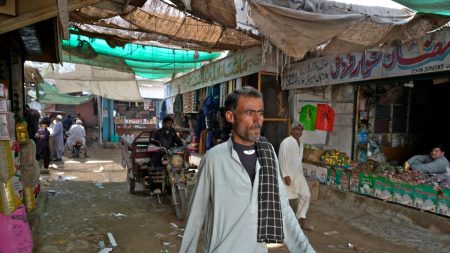Germany Heads to the Polls in Pivotal National Election
German voters are set to cast their ballots on Sunday in a national election that could have far-reaching implications for the country and the broader European continent. The race for leadership is more competitive than ever, with four prominent candidates vying to become the next Chancellor of Germany. Incumbent Chancellor Olaf Scholz, opposition leader Friedrich Merz, Vice Chancellor and environmentalist Robert Habeck, and far-right Alternative for Germany (AfD) co-leader Alice Weidel are all in the running. This election is particularly significant, not only because it comes seven months ahead of schedule but also because it takes place amid a tumultuous geopolitical landscape shaped by the new Trump administration, the ongoing Russia-Ukraine war, and heightened security concerns across Europe.
A Competitive Race with No Clear Winner
Germany’s electoral system, known for its complexity, rarely produces an absolute majority for any single party. This election is no exception, with opinion polls indicating that no party is close to securing a majority. As a result, the next government will likely be a coalition formed by two or more parties. The incumbent Chancellor Olaf Scholz, who has been in office since 2021, is seeking to retain his position, but his three-party coalition collapsed in early November, triggering this snap election. His challengers include Friedrich Merz, a conservative opposition leader, Robert Habeck, the Vice Chancellor and a prominent figure in the Green Party, and Alice Weidel, who represents the far-right AfD. For the first time in Germany’s post-World War II history, a far-right candidate is contender for the chancellorship, marking a shift in the country’s political dynamics.
A Nation Divided: Voter Eligibility and Participation
Approximately 59.2 million German citizens aged 18 and above are eligible to vote in this election, with around 2.3 million first-time voters participating. Polling stations across the country will open at 8 a.m. and close at 6 p.m. local time. The election is being closely watched, both domestically and internationally, as it takes place during a period of significant uncertainty. The collapse of Scholz’s coalition government has left many voters questioning the stability of German politics, while external factors such as the Russia-Ukraine war and the policies of the new Trump administration in the United States have added to the sense of unease.
The Broader Implications: Europe’s Response to Global Challenges
The outcome of this election will have a direct impact on Europe’s response to several critical issues. The Russia-Ukraine war has already strained energy supplies and economic stability across the continent, and Germany, as the European Union’s largest economy, plays a pivotal role in shaping the bloc’s policies. Additionally, the return of Donald Trump to the U.S. presidency has raised questions about transatlantic relations and the future of NATO. Sunday’s election could determine whether Germany continues to align closely with its European partners or adopts a more independent stance in response to these global challenges.
The Electoral System and the Path to Coalition Building
Germany’s electoral system is designed to promote proportionate representation, which often results in coalition governments. With no party expected to win a majority, the focus will shift to post-election negotiations among party leaders. These negotiations could take weeks, as parties with complementary platforms work to form alliances. The collapse of Scholz’s previous coalition highlights the challenges of maintaining unity in such governments, but it also underscores the importance of compromise in a fragmented political landscape.
A New Era for German Politics?
The inclusion of a far-right candidate in the race for the chancellorship marks a significant shift in German politics. While the AfD has been a presence in the Bundestag since 2017, its co-leader Alice Weidel’s candidacy represents a new level of influence for the party. This election could signal a turning point in Germany’s political trajectory, with implications for everything from climate policy to migration and national security. As voters head to the polls, they are not only choosing their next leader but also shaping the direction of a country that remains a cornerstone of European stability. The world will be watching closely as the results unfold, knowing that the outcome of this election will reverberate far beyond Germany’s borders.















